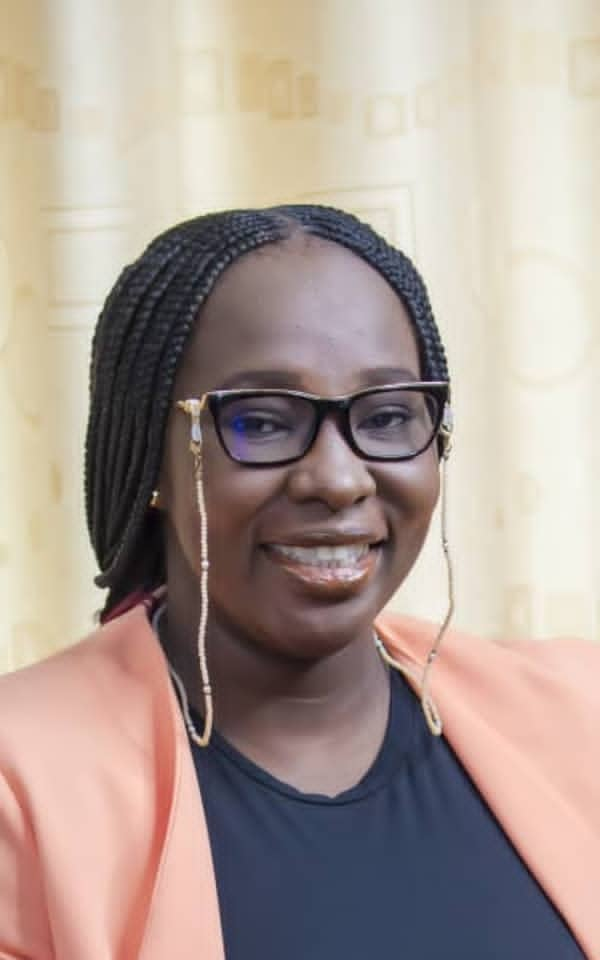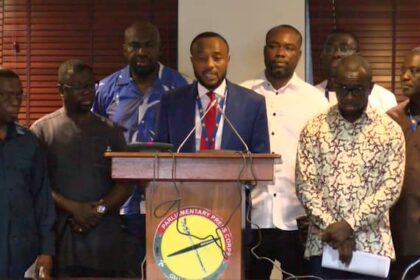By: Mohammed Suhuyini Shaharan
Journalists across Ghana have been urged to be more deliberate, sensitive, and ethical in how they report issues of sexual corruption, also known as sextortion, to avoid reinforcing gender bias and stigmatizing victims.
The call was made by Dr. Aurelia Ayisi, a lecturer at the Department of Communication Studies, University of Ghana, in an exclusive interview with Tolon Radio’s Mohammed Suhuyini Shaharan on the sidelines of a capacity-building workshop organized by the Media Foundation for West Africa (MFWA) in Accra.
The workshop, which brought together 30 journalists from across the country, explored “Journalistic Approaches to Gender-Differentiated Corruption”, a growing concern within gender advocacy and anti-corruption circles.
“How journalists frame stories on sexual corruption determines whether the media becomes part of the solution or part of the problem,” Dr. Ayisi cautioned.
“Many reports unintentionally shame victims or frame the issue as a moral failure rather than as corruption and a violation of human rights.”
Dr. Ayisi explained that sexual corruption differs from other forms of bribery because it exploits both gender and power imbalances. She urged the media to adopt gender-sensitive reporting techniques that protect survivors, highlight systemic abuse, and promote accountability.
She further advised journalists to engage legal, psychological, and human rights experts when covering such cases to ensure their reporting is factual, ethical, and survivor-centered.
Participants were trained on ethical storytelling, framing techniques, and investigative tools for uncovering gendered forms of corruption. Many described the training as an “eye-opener” that challenged conventional newsroom practices.
The Media Foundation for West Africa reaffirmed its commitment to equipping journalists with the knowledge, skills, and tools to enhance ethical and impactful reporting on governance, corruption, and gender-related issues.


